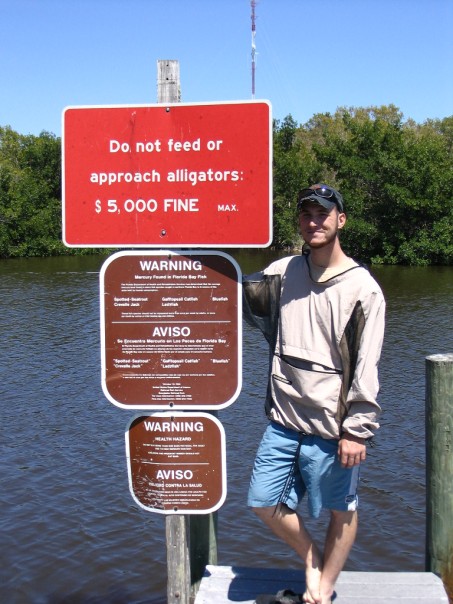
There are many ways that pollution can damage reefs. Debris like this plastic bag can quickly become entangled on a coral and smother it. (NOAA)
Powered by CDNN - CYBER DIVER News Network
by JONATHAN CLAYTON
ZANZIBAR, Tanzania (11 Nov 2006) -- Zanzibar, the spice island that has become a tropical tourist paradise, has banned plastic bags in an attempt to save its threatened ecology.
Anyone found producing, importing, using or selling plastic bags could face a fine of $2,000 (£1,120) and a jail sentence of up to 12 months, said Ali Juma, the government's director of environmental protection. "We have to put the environment above everything . . . Besides being an eyesore, plastic bags are very damaging to land and marine life and we are already threatened by the rapid pace of development," he said.
Thousands of tourists, most of them European, flock to Zanzibar's palm-fringed beaches and historic Stone Town, the headquarters of the East African slave trade.
Their arrival has brought with it an avalanche of plastic, much of it in the form of thin, blue bags. Experts say that the flimsy plastic bags can provide micro-habitats for malaria-carrying mosquitos, block drains, choke animals and marine life and take up to 1,000 years to decompose.
The ban, introduced by President Karume, who was reelected a year ago in the semi-autonomous archipelago that is part of Tanzania, has been widely welcomed. Tour operator John Glen said: "I think it is wonderful . . . those bags are everywhere and are revolting, they clog up drains and are a dreadful eyesore."
His comments were echoed by residents and environmentalists who have long complained about the impact of the bags on the island's fragile ecosystem.
Juma Hassan, a schoolteacher, said: "We have had environment laws since 1992 but the government was not serious and the environment is being destroyed."
Zanzibar has changed much since it sought to erase all signs of Westernisation in the heady days following its 1964 "Socialist and Islamic" Revolution.
Abeid Karume, father of the present ruler, took power after the island's black Africans rose up against centuries of brutal rule by despotic Sultans and slaughtered 17,000 Arabs.
His son's ban, which applies mainly to transparent PVC bags favoured by roadside traders, has drawn plaudits from all around the world. Officials warned last month that the tropical paradise was in danger of becoming one of the world's most environmentally damaged island chains.
Zanzibar's decision to ban the bags came as a new report warned that old toothbrushes, beach toys and used condoms had formed a vast vortex of plastic rubbish in the middle of the Pacific Ocean.
Greenpeace International found that, because plastic does not break down, ocean currents and tides had carried it thousands of miles to an area between Hawaii and the US West Coast.
Zanzibar and its neighbouring island Pemba possess long unspoiled sandy white beaches, surrounded by miles of pristine coral reef.
The azure waters are popular with scuba divers who come to see rare marine life, including some of Africa's last turtles.
However, each evening, smoke from hundreds of small fires drifts across the island as locals prepare evening meals.
Most of the island's one million inhabitants have no access to electricity or clean drinking water. Many people use the bags as toilets and then throw them in the sea.




2 comments:
I agree with you - Zanzibar is leaps and bounds ahead of most of the rest of the world when it comes to taking a proactive stance against plastic bag waste!
Have a look at my blog at www.bringyourbag.com/blog
It focuses on worldwide efforts to curb plastic bag waste as well as related articles. Enjoy!
Dude, I was just searching for plastic bag images on google for a campaign I'm working on and your blog came up! I was like "I know a John Carroll, oh it's my John Carroll." Pretty cool.
Kasey
Post a Comment